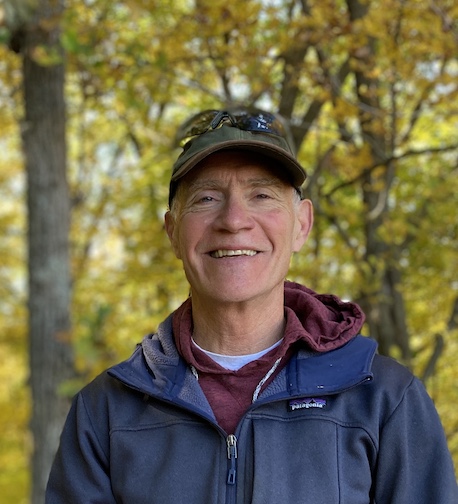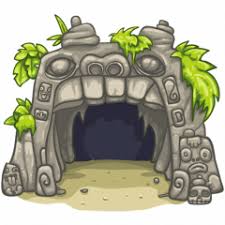Tell us about your background and what got you interested in health and medicine?
I don’t know what got me started focusing on the profession of medicine. From the time I was a little, five, six, seven, nine years old... I told everyone that I was going to be a doctor, it just seemed to fit. In my teens it fit better - It provided an intellectual challenge and a lot of connection to people - two things I enjoyed immensely.
Tell us about your practice and how/where you work?
For thirty-five years I was a newborn and pediatric intensive care physician. I worked in a teaching hospital with an amazing team of nurses, therapists and other colleagues. For fourteen of those years, I was also the CEO of a health system responsible for five to seven thousand employees five hundred thousand community members and one billion dollars of the communities’ money. I recently retired from both those activities and wrote a Book about values-based leadership and now teach, mentor and guide individuals, rising leaders and organizations to be strong values based servants of their community, the environment and their staff.
How has your routine changed since the pandemic?
Since the pandemic my teaching has gone virtual, my engagements are now all at a distance. We had a close family member that was ill during the pandemic so that changed everything as well. Now I’m just starting to develop a hybrid teaching approach to both online and in-person. I'm doing a little more writing and a bit more travel.
How does trust play a role in your daily routine, especially in the current COVID atmosphere?
I believe trust is critical to the effectiveness and efficiency of any good colleague and any good leader. It starts with the courage to be clear about one’s values and priorities followed by consistent discipline to emulate, support and expect those values, (not just be talked about but lived), and then finally the durability to see you and those you are responsible for through the difficult times without abandoning those you serve or the principles that you live by.
What do you wish the public knew about what you experience, in your field of health?
I think one of the biggest lessons would be for arising leaders, current leaders and those that try and make a difference in the world is to live by a higher standard of integrity, service, and striving for excellence. I understand there are many examples of people behaving badly, and selfishly to the detriment of others that seem to have short term success, but the vast majority of the population can and will do well if they rise to a higher calling.
What is the best part of your day? The hardest?
The best part of each day depends on the day. Sometimes it’s having breakfast in a sunny porch with a three-year-old on your lap, and sometimes it’s speaking with a young woman of color who has overcome enormous obstacles to develop a path forward that allows her to show her brilliance and amazing gifts to others. Some days it’s teaching a young group of passionate community builders how health equity and the well-being of the environment are all one big overlapping set of circles and we have everything we need to make them better.
Will Covid-19 change your approach to your work going forward?
I think the pandemic should change all of us. if you haven’t learned something from the pandemic, I don’t think you’re very awake. There were great lessons to be learned about how things were done well and courageously. There are some great lessons of how things were done poorly and not in service to the greater good. It will change my intentionality when I do meet and connect with people in person because although I think we can get great things done over video conferencing we can get greater things done face-to-face.
What is the best life/career advice anyone has ever given you?
Best career advice is that the world is made up of millions of people that can point out problems. There are far fewer that can solve problems and fewer still that solve problems where all do well. Be one of those last group
Can you recommend one easy, daily self-health practice that can help people get through the day?
The self-health tip should be about meditating, taking naps, eating vegetables, spending time in nature, and genuinely connecting with loved ones - And all that is terrific advice and things I try to do regularly. But something that would really help you out is while you brush and floss your teeth twice a day - stretch. Stretch your heel chords, stretch your hamstrings, stretch your shoulders, and stretch your back. Your teeth will be cleaner, and your limbs will feel better all day and when you go to bed
Is there anything else you’d like the public to know about how it feels to be a health professional in the middle of a global pandemic?
Healthcare workers are used to long hours, unusual hours, and struggling with complex problems in both the inpatient and outpatient arenas. The pandemic doubled down on all the problems plus added resource problems, and staffing problems. But it was all made especially worse by a couple of social problems. One was the exclusion of family members to sick and dying patients. This was overused by many healthcare institutions long after it needed to be used and caused enormous trauma not just to the families but to the healthcare workers themselves. And the second was the politicization of public health and health care measures. To be desperately trying to keep your head afloat, keep your colleagues alive, and have a portion of the population and a portion of leaders actively intervene to allow the virus to go on unchecked and cause escalating trauma for families and caregivers -- The abuse healthcare workers took while trying to take care of patients was unnecessary and preventable.
More Stories from Kinnected
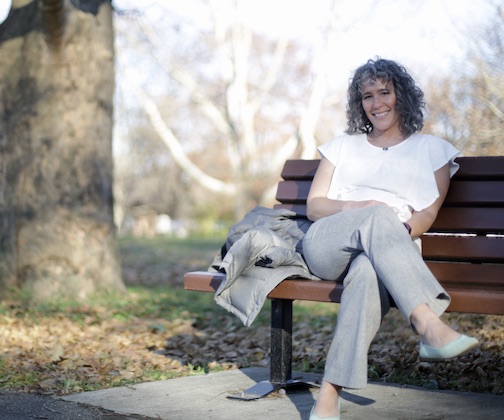
At times, it has been really frustrating to be a strategist and health communication professional and witness the lack of strategic planning and messaging that we have over the last two years.
-
4 years ago
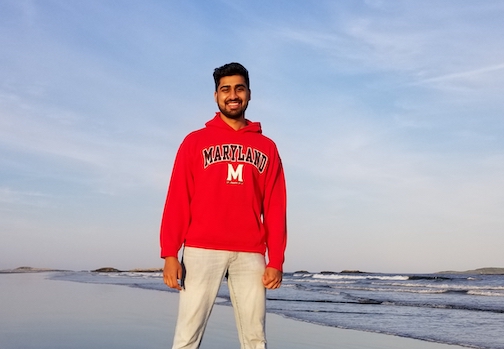
"What many people miss is that emotional exhaustion among clinicians existed long before the pandemic."
-
4 years ago
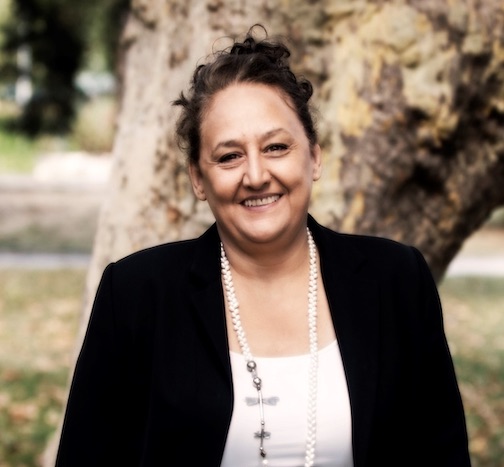
"A lot of people argue whether technology is good for the future of humanity or bad. In my opinion, it is both - just as an herb could be a poison or a medicine."
-
4 years ago
